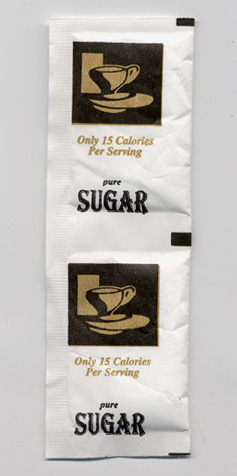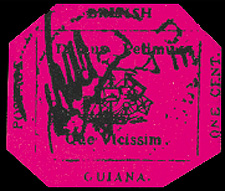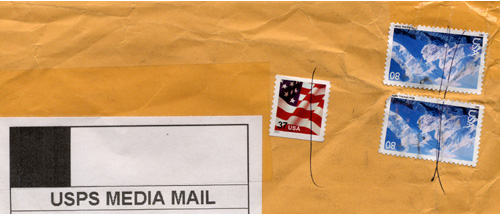I cringe a little bit when I hear the word “startup”. This word has several different meanings in modern newspeak. In Silicon Alley (this is what New York’s startup scene was called in 2000) it appears in several typical phrases such as: “well, we can’t afford that – we are a startup” and “we are a startup, but we are very well funded”. This word is basically used either as an excuse for wanting below-market labour or an excuse to flaunt investor-supplied riches. In the first phrase it means that the company has been burning dumb money for at least a few years, in the second – it’s just starting. One “startup” that I worked for (and have fond memories of) began in 1997 and gave up ghost in 2012. UGO was truly the Dick Clark of companies (except not as successful).
Recently I was researching an engineer who designed the Wright 2600 keypunch. An article about him on Tripod (another blast from the past) has a very interesting quote: “After retiring from US Gov., he volunteered for SCORE, the retired executives helping businesses with start up and other problems.” Startup is not a type of a business! It’s a problem that businesses have!
The term “serial entrepreneur” has also acquired a thick patina of sleaze. The thing is, entrepreneurs are not really like flying aces (I think I read somewhere that most military pilots are either aces who shoot down 5 or more planes or the ones who are shot down). No. You only need to take a look at Jerry Kaplan, who wrote “Startup: A Silicon Valley Adventure” and probably set some kind of a record in running companies that don’t make it. A large percentage of startup money is made through sales to larger, lumbering companies. Was broadcast.com a great deal? Nobody remembers it when watching its founder wearing relaxed fit shoes. There certainly a lot of money out there chasing some not very viable ideas. Unfortunately the startups of yesterday and today are either huge failures or huge successes. Or both (but not for everybody).
Luckily these days startup costs are at all time lows. To create a huge failure of a company you need a lot of money. On the other hand, to barely succeed all you need is some pocket change. Forget about Y Combinator. The Pinboard Investment Co-Prosperity Cloud will “barely invest” and try to help you to “barely succeed” – in other words to encourage you to build a business that realistically aims to be profitable. Forget “go big or go home”. Just try to honestly to build a business. Screw freemium. Forget about “incubators”. All you need is $37. And The Pinboard Investment Co-Prosperity Cloud will maybe give it to you. If you’ll get a rejection – dig deep.




